Participants arrive at Cochabamba airport in the afternoon and transfer to El Poncho Eco-Lodge, twenty kilometers outside of Cochabamba. In this picturesque setting, nestled in the foothills at the base of Mount Tunari, we rest from traveling and begin group orientation.
An experiential seminar for global studies educators.
Educators from all disciplines are invited to explore critical issues at the intersection of climate change, human ecology, and sustainable development—through the lens of Indigenous perspectives. Participants gain firsthand experience with the real-world impacts of these global challenges while developing effective classroom tools to bring these lessons to life. Set in the Central Andes—a region shaped by thousands of years of complex human society—our journey offers a unique opportunity to understand how Bolivia, with its 36 distinct ethnic groups, is responding to rapid environmental and social change.
Program activities include visits to local NGOs, conversations with renowned community leaders, scholars, and climate activists, and travel to remote areas directly experiencing the effects of climate disruption. Thanks to long-standing relationships with communities in the central valleys and years of experience in La Paz and Santa Cruz, educators are introduced to a diverse network of academics, farmers, scientists, spiritual guides, and activists from across Bolivian society.










